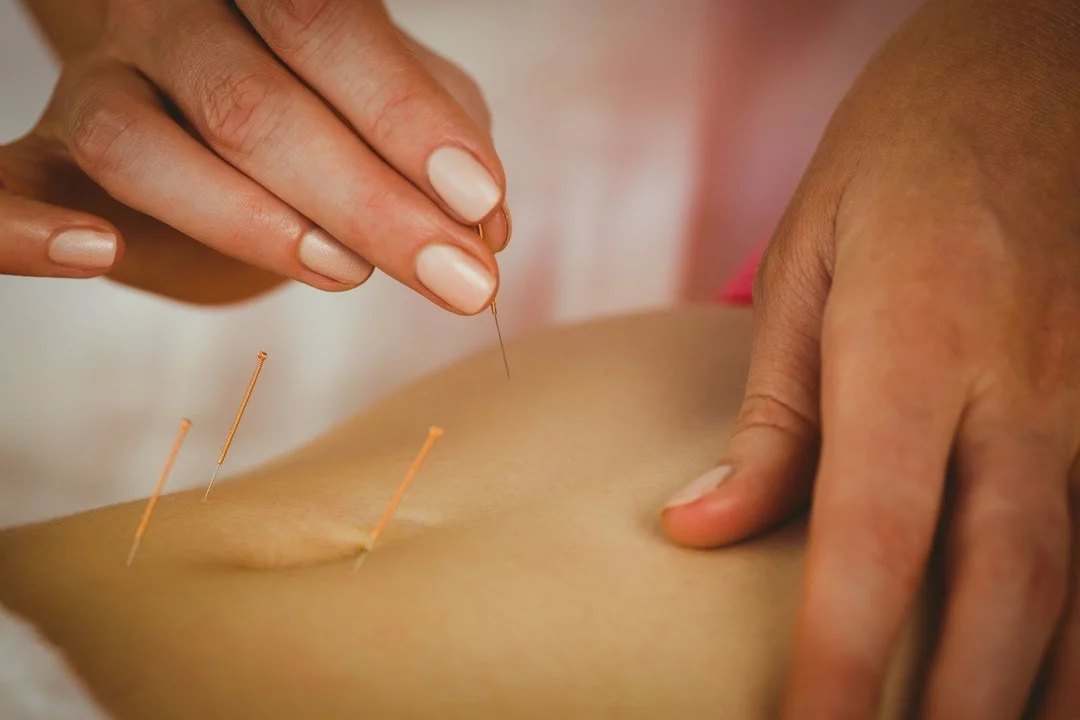Acupuncture: What It Is, How It Helps & Common Questions
If you’ve heard the word “acupuncture” and wondered if it’s worth trying, you’re not alone. This simple guide breaks down the basics, shares real benefits, and answers the questions most people ask.
How Acupuncture Works in Plain Terms
Acupuncture involves thin needles placed at specific points on your skin. Practitioners believe these points connect to nerves and muscles that affect pain, stress, and organ function. When the needles are gently stimulated, they can trigger natural chemicals like endorphins, helping you feel less pain and more relaxed.
Top Benefits You Can Expect
People use acupuncture for many reasons. The most common ones include:
- Pain relief: Backaches, neck tension, joint pain and migraines often improve after a few sessions.
- Stress reduction: Needle stimulation can lower cortisol levels, making you feel calmer.
- Better sleep: Many report falling asleep faster and staying asleep longer.
- Digestive support: Some find relief from IBS or nausea after treatment.
These results aren’t magic; they come from a combination of the body’s own healing response and the practitioner’s skill. Most users notice changes after 3‑5 visits, but it varies per person.
What to Expect During Your First Visit
Your first appointment usually starts with a quick health chat. The therapist will ask about your symptoms, medical history, and goals. After that, they’ll clean the skin and insert needles—most people feel only a mild prick or tingling.
The session lasts 20‑40 minutes. You can read, listen to music, or simply relax while the needles do their work. Afterward, you might feel warm, lightheaded, or just more relaxed. It’s normal and usually fades within an hour.
Choosing a Qualified Practitioner
Look for someone licensed by your state’s acupuncture board or a reputable health organization. Good signs include clear credentials, positive client reviews, and a comfortable clinic environment. Don’t hesitate to ask about their training, how many years they’ve practiced, and whether they specialize in the issue you want to address.
Acupuncture and Other Treatments
Acupuncture often works well alongside conventional medicine. For example, it can reduce the dose of pain medication you need or ease side effects from chemotherapy. Talk to your doctor before starting, especially if you’re pregnant, have a bleeding disorder, or take blood thinners.
Quick FAQs
Is it painful? Most people feel only slight pressure or a dull sensation.
Are needles dangerous? When used by a trained professional, the risk of infection is very low because the needles are disposable and sterile.
How many sessions will I need? It depends on your condition. Acute pain may improve in 1‑3 visits; chronic issues often require 6‑12 sessions.
Acupuncture isn’t a one‑size‑fits‑all cure, but it’s a low‑risk option that can complement other health strategies. Ready to try? Find a certified practitioner near you and give your body a chance to reset.
I recently explored the role of acupuncture in infertility treatment and found it quite interesting. Acupuncture, an ancient Chinese medicine practice, is believed to help balance the body's energy flow, which can improve fertility. Many couples undergoing fertility treatments, such as IVF, have turned to acupuncture to boost their chances of success. Studies have shown that acupuncture can improve blood flow to the reproductive organs and help regulate hormones, both of which are essential for conception. While more research is needed, acupuncture could be a valuable addition to conventional infertility treatments for those struggling to conceive.
May, 13 2023

